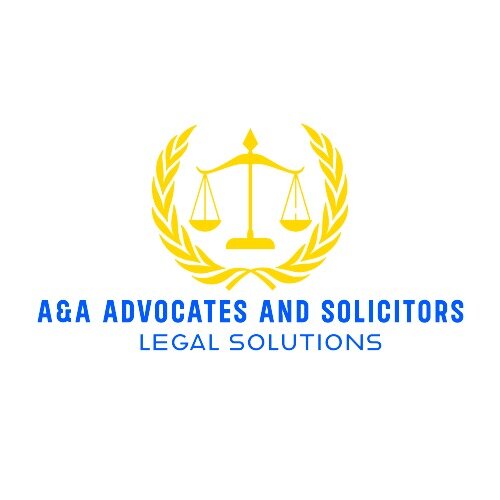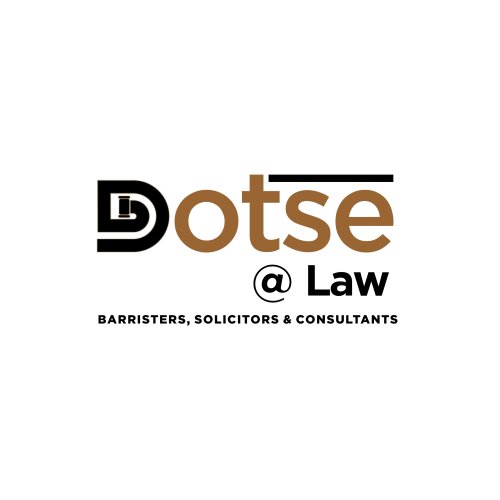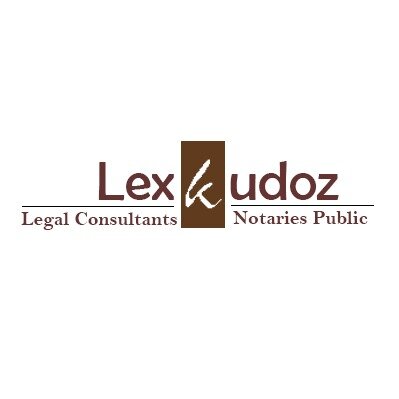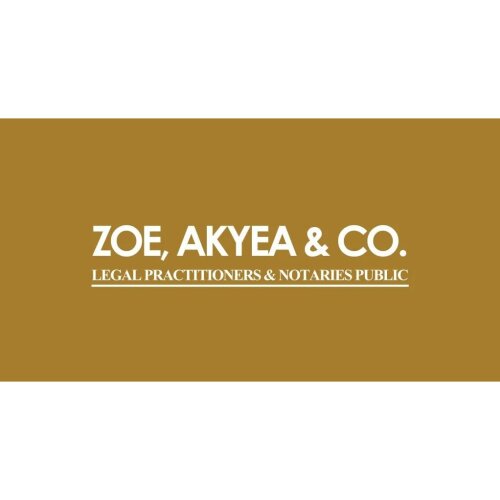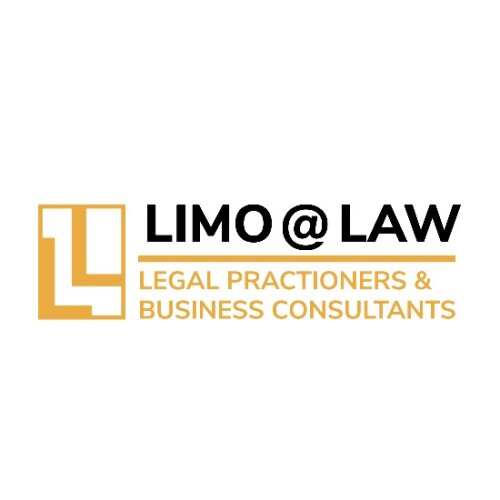Best Bankruptcy & Debt Lawyers in Ghana
Share your needs with us, get contacted by law firms.
Free. Takes 2 min.
Or refine your search by selecting a city:
List of the best lawyers in Ghana
About Bankruptcy & Debt Law in Ghana
Bankruptcy and debt laws in Ghana are designed to provide a legal framework for individuals and businesses undergoing financial difficulty. The laws are primarily governed by the Insolvency Act, 2006 (Act 708), which outlines the procedures for both voluntary and involuntary insolvency proceedings. The aim is to ensure fair treatment of creditors while providing relief and a fresh start for debtors. Bankruptcy is viewed as an important tool for economic stability, allowing businesses to restructure and individuals to discharge unmanageable debts.
Why You May Need a Lawyer
Individuals and businesses may need legal assistance in bankruptcy and debt matters in numerous situations. Typically, legal advice is sought to navigate complex legal proceedings, negotiate with creditors, and understand one’s rights and obligations under the law. A lawyer can provide invaluable guidance during a voluntary liquidation, contested insolvency, or restructuring of debts. They are crucial in ensuring that any proceedings are conducted fairly, protecting clients from potential legal missteps or predatory practices.
Local Laws Overview
The Insolvency Act, 2006 governs bankruptcy and insolvency procedures in Ghana. Key aspects include:
- Voluntary and Involuntary Insolvency: Individuals or businesses can file for insolvency, or creditors can initiate proceedings against a defaulting debtor.
- Trustee in Bankruptcy: Appointed to manage the debtor’s assets and affairs for the benefit of the creditors.
- Debt Restructuring: Provisions are made for the restructuring of debt either through court orders or by agreement with creditors.
- Discharge of Debts: Allows individuals a fresh start by freeing them from past liabilities after meeting certain conditions.
- Creditor’s Rights: Provisions and priorities on how assets are to be distributed among creditors.
Frequently Asked Questions
What is the difference between bankruptcy and insolvency?
Insolvency refers to the financial state where an individual or business cannot meet its debt obligations. Bankruptcy is a legal process that formally declares someone insolvent, providing a structured means for debt resolution.
How does one initiate bankruptcy proceedings in Ghana?
Bankruptcy proceedings can be initiated either voluntarily by the debtor or by creditors through a court filing. A petition must be submitted demonstrating the financial distress and inability to pay debts.
What are the consequences of declaring bankruptcy?
Declaring bankruptcy may result in the loss of some assets, but it can also provide relief from certain debts and a chance to reset one’s financial life. It may impact credit rating and the ability to secure loans in the future.
Can businesses file for bankruptcy?
Yes, businesses in Ghana can file for bankruptcy. This often involves restructuring the business or liquidating assets to satisfy creditor claims.
Are there alternatives to bankruptcy?
Yes, debt restructuring, voluntary arrangements with creditors, or other negotiated settlements are viable alternatives to formal bankruptcy proceedings.
What debts are discharged through bankruptcy?
Most unsecured debts can be discharged, but certain debts such as taxes, alimony, and certain student loans might remain post-discharge.
What is a bankruptcy discharge?
A bankruptcy discharge releases the debtor from personal liability for specific debts, prohibiting creditors from pursuing collection actions on these debts.
How long does bankruptcy proceedings take?
The duration of bankruptcy proceedings can vary depending on the complexity of the debtor's financial circumstances and the backlog of the court system.
Can I keep any assets after bankruptcy?
Certain essential assets may be exempt from being liquidated during bankruptcy procedures, allowing you to retain some items necessary for living and working.
Who are the key stakeholders in bankruptcy proceedings?
Primary stakeholders include the debtor, creditors, trustee in bankruptcy, and the court. Lawyers, accountants, and financial advisors may also be involved.
Additional Resources
Should you need further assistance or information, consider visiting or contacting:
- The Registrar General's Department for insolvency procedures and filings.
- The Ghana Association of Restructuring and Insolvency Advisors for professional insolvency services.
- Local NGOs that provide financial counseling and advice.
Next Steps
If you are considering legal assistance in bankruptcy and debt matters, start by compiling a detailed account of your financial status, including all debts and assets. Then, consult with a qualified legal professional who specializes in bankruptcy and insolvency in Ghana. It may also be beneficial to reach out to a financial advisor to explore all possible solutions. Be proactive in seeking assistance, as early intervention can significantly affect the outcome of your financial recovery process.
Lawzana helps you find the best lawyers and law firms in Ghana through a curated and pre-screened list of qualified legal professionals. Our platform offers rankings and detailed profiles of attorneys and law firms, allowing you to compare based on practice areas, including Bankruptcy & Debt, experience, and client feedback.
Each profile includes a description of the firm's areas of practice, client reviews, team members and partners, year of establishment, spoken languages, office locations, contact information, social media presence, and any published articles or resources. Most firms on our platform speak English and are experienced in both local and international legal matters.
Get a quote from top-rated law firms in Ghana — quickly, securely, and without unnecessary hassle.
Disclaimer:
The information provided on this page is for general informational purposes only and does not constitute legal advice. While we strive to ensure the accuracy and relevance of the content, legal information may change over time, and interpretations of the law can vary. You should always consult with a qualified legal professional for advice specific to your situation.
We disclaim all liability for actions taken or not taken based on the content of this page. If you believe any information is incorrect or outdated, please contact us, and we will review and update it where appropriate.
Browse bankruptcy & debt law firms by service in Ghana
Ghana Attorneys in related practice areas.
Browse bankruptcy & debt law firms by city in Ghana
Refine your search by selecting a city.




